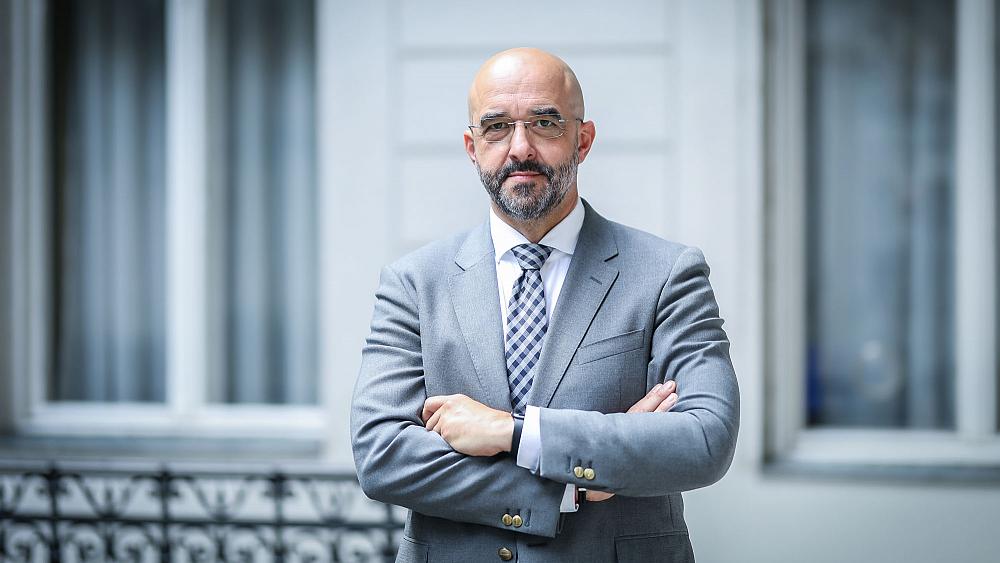
In an opinion piece published on euronews.com on May 10 and written by András Arató –the president and majority owner of Hungarian radio station Klubrádió — the author cries that his station’s loss of its broadcasting licence signals that “Hungary is becoming a semi-dictatorship”.
While I could list many facts that point in the opposite direction — for example that media outlets regarded as liberal and outspokenly critical of the government still enjoy major audience share in television, online and print — I, unlike Mr Arató, will stick to the matter at hand: why did Hungary’s National Media and Infocommunications Authority (NMHH) deny the renewal of Klubrádió’s seven-year broadcasting licence in the first place?
You see, this radio station owner omitted a few important facts.
In a ruling handed down February 9 by the Budapest Tribunal, the court upheld a decision taken last September by NMHH to deny the renewal of Klubrádió’s licence on the 92.9 MHz Budapest frequency.
According to the ruling, Klubrádió’s licence expired on February 14. Critics of the decision have tried to conceal its details, but the ruling is quite straightforward.
Specifically, the court noted that Klubrádió has, on no fewer than six occasions in the last seven years, violated broadcasting rules and was fined twice for violations of “not a minor degree”. One of these six infractions included broadcasting without authorisation in 2014. The court found that considering the radio station never appealed these decisions they have become legally binding.
According to the Budapest Tribunal’s justification, the cases were severe enough to prohibit the extension of Klubrádió’s broadcasting licence.
Political interests sympathetic to the radio station’s programming, of course, will point fingers at the Hungarian government, but a closer look at the laws and procedures in place, which are strikingly similar to French and US federal regulations, will reveal that the government does not have the right, the will, nor the possibility to interfere with the legal disputes of private market actors, the media authority or the courts. This, by the way, is what most would call the rule of law.
What’s more, since the court ruling in February, applications opened up for Klubrádió’s former 92.9 MHz radiofrequency in March and, as the law poses no prohibition in this regard, Klubrádió became one of three applicants, with a chance of regaining the broadcasting licence. Their application was, however, once again dismissed by NMHH.
Exercising their rights enshrined in the Fundamental Law, Klubrádió’s leadership appealed the media authority’s decision in front of the Budapest Tribunal. Just last week, the Tribunal handed down its ruling, which yet again upheld the NMHH decision in March and found that Klubrádió’s application was rightfully dismissed.
According to the ruling, there were a series of shortcomings in its application, including the general problem of the radio station having some HUF 400 million in debt at the time of submission. This, taken together with multiple errors in programming times, gave substantial reason for the media authority to deny Klubrádió the broadcasting licence.
One would expect that the management of a radio station like Klubrádió would be able to submit an application of this magnitude without any major flaws. But Mr Arató and his team have failed to do so on multiple occasions.
Now, like the child who suffers the consequences of breaking the rules then cries “That’s not fair!”, these media interests and their allies point their fingers at the Hungarian government and make outlandish claims about media freedom.
_Zoltán Kovács is Hungary’s Secretary of State for International Communication and Relations. _
Related posts:
Views: 0
 RSS Feed
RSS Feed

















 May 12th, 2021
May 12th, 2021  Awake Goy
Awake Goy  Posted in
Posted in  Tags:
Tags: 
















